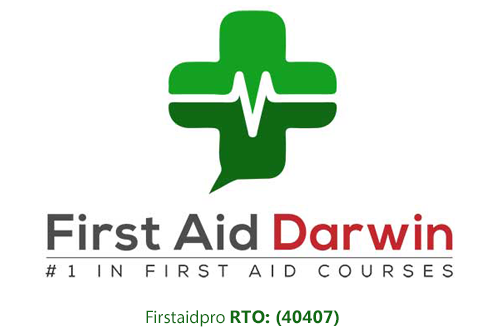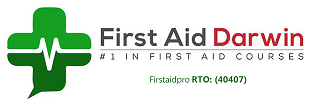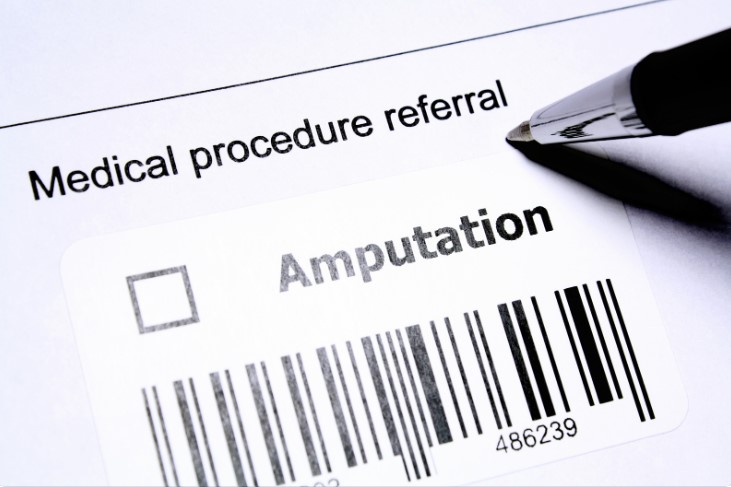The excessive intake of alcohol content can lead to poor heart health and plays a role in experiencing high blood pressure, stroke, and heart failure. It also contributes to the development of cardiomyopathy, a disorder that affects the heart muscle and its function.
Alcohol drinking is also a risk factor for obesity and the long list of health problems accompanying it.
Alcohol And Heart
The cardiovascular system can be severely impacted by alcohol drinking.
The heart and blood vessels are part of the cardiovascular system. Blood is pumped throughout the body by the heart via blood vessels (arteries, capillaries, and veins).
The oxygenated blood will then deliver the nutrients and other materials to all vital organs through the bloodstream.
At the time of drinking, alcohol can lead to a temporary increase in blood pressure and irregular heartbeat. In the long term, drinking above the recommended amount can result in heart problems such as high blood pressure, weakened heart muscles, arrhythmias, and even heart attack and stroke.
How Alcohol Can Affect Your Heart Health
Researches continue to study the effect of long-term alcohol use on poor heart health.
Here are common heart complications rooted in excessive alcohol drinking.
Increased Heart Rate
Heart rate (pulse) refers to the number of times the heart beats per minute.
Consuming high alcoholic drinks can cause changes in the way the heart functions, including the time between heartbeats.
Studies have found that regular and excessive drinking can cause episodes of tachycardia (irregular heart rhythm of over 100 beats a minute).
Uncontrolled Blood Pressure
Health experts suggest having no more than two standard drinks on any day. Previous studies have found that consumption of the recommended amount can immediately increase a person’s blood pressure.
Weakened Heart
Regular heavy consumption of alcohol can lead to serious damage to the heart muscles (cardiomyopathy).
The continuous negative practice of alcohol drinking can eventually lead to congestive heart failure, which is when the heart cannot pump enough blood supply for the body.
Stroke
Alcohol consumption can increase the risk of stroke.
Massive stroke, if left without treatment, can disrupt blood flow to the brain tissue. It can also result in loss of motor skills (movement) and sensory functions (sense of touch, smell, sight, etc.)
6 Steps For Better Heart Health
Here are some healthy behaviours that can lower the risk of poor heart health.
Learn Your Health History
Know the risk within your family (genetics) and discuss with your doctor about next best steps to avoid developing heart conditions.
Eat A Healthy Diet
Quitting alcohol drinking and making healthy food choices can boost heart health. Add fruits, vegetables, whole grains, lean meats and low-fat dairy products into your diet.
Move More, Sit Less
Engage in at least 100 to 150 minutes of moderate to intense aerobic activity every week. Add some muscle and core strengthening exercises two times a week.
Monitor Your Blood Pressure at Home
Blood pressure should be measured and controlled at all times, especially if you have previous history or risk of HBP.
Self-measured blood pressure monitors are available in the market, and most are safe and easy to use.
Quit Smoking
Quitting smoking can help reduce the risk of death and complications from heart disease, such as heart attack.
Quit Drinking
Avoiding alcohol drinking habits can boost the strength of heart muscles over time. It gives a chance for these muscles to recover and gradually improve over time.
Conclusion
Drinking a small amount of alcohol occasionally is not likely to cause harm to the heart. It can also be a good social practice and part of celebrating holidays.
However, the positive impacts of alcohol drinking have not outweighed its risks. Other negative effects of excessive alcohol include liver disease, violence, accidental deaths, risks of cancer, and poor heart health.
The good news is that there are many ways to reduce the risk of heart diseases, such as eating a balanced diet, exercising, regular monitoring blood pressure, and quitting unhealthy habits such as smoking and alcohol.
For more health and safety tips, enrol in a first aid course.








